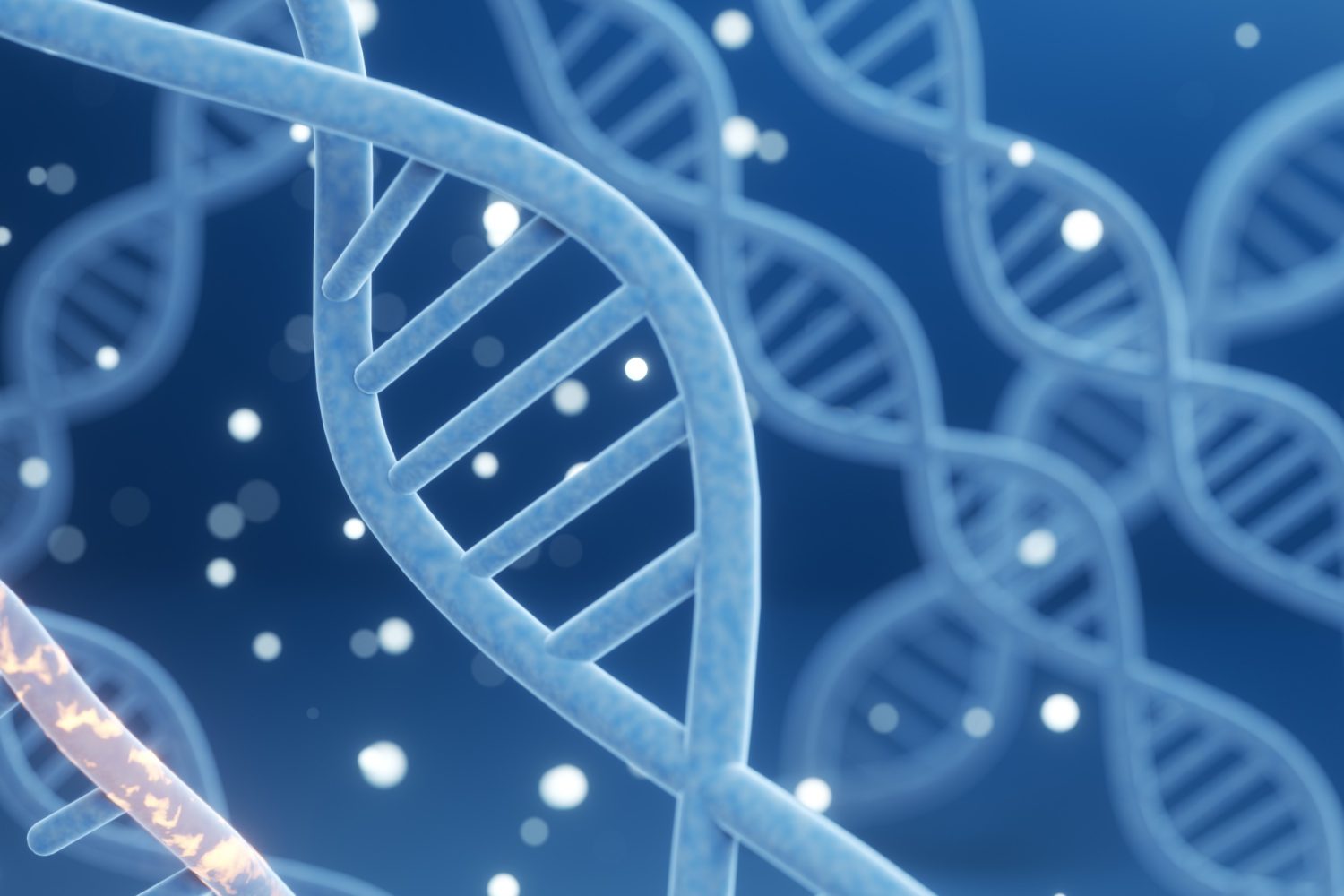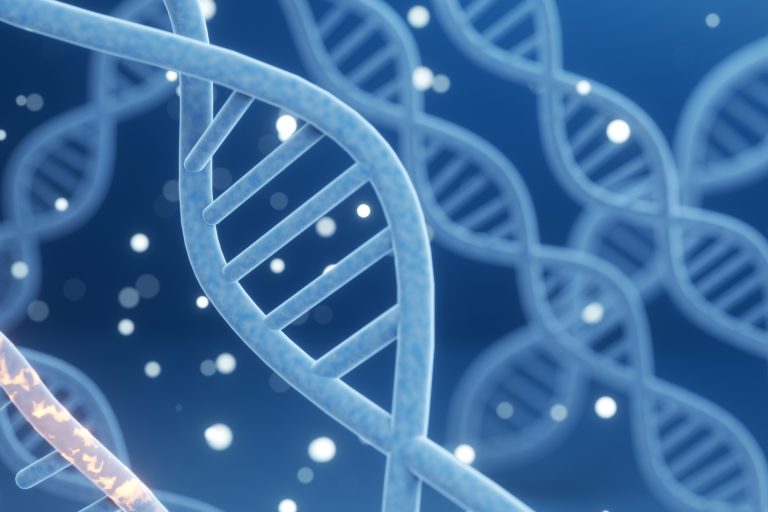Earthworm DNA may challenge everything we know about evolution


When Charles Darwin first proposed how evolution works in 1859, it seemed plausible. Tiny changes stack up over time, eventually leading a species to become something entirely different. Aside from the evidence we have already that this might not be the case, as the fossil records just didn’t back it up, many, including Darwin himself, wrote it off as the records being broken and lost. But what if that wasn’t the case at all?
What if evolution works in a completely different way? Instead of waiting on tiny changes to stack up overtime, what if things stayed mostly the same for a while, but then suddenly something big happened and massive changes appeared? That may be exactly how it works, new research shows, as scientists studying earthworm DNA say that it completely contradicts Darwin’s explanation for how evolution works.
A broken record or a broken theory?
This new research was led by researchers at the Spanish National Research Council (CSIC) and Pompeu Fabra University (UPF). The researchers shared their findings in a new paper published in the journal Nature Ecology & Evolution. These findings suggest that evolution may work with fast changes that ultimately lead to complete upheaval in how an organism is designed.

The unlikely source of this new evidence is actually earthworm DNA. The researchers sequenced high-quality genomes of several different earthworm species for the first time ever. They then compared these genomes to those of leeches and even bristle worms. By digging deep, they were able to look back in the genome more than 200 million years. That’s an unprecedented look at evolution at a scale previously reserved for studying the human genome.
By looking at worm DNA, the researchers were able to get a glimpse at the evolution of life on our planet, as 200 million years ago would have been exactly when worms and other vertebrates like them ventured onto land for the first time. But instead of evidence of slow, tiny changes, the researchers discovered a massive “upheaval” in the genome's history.
This new evidence suggests that it isn’t a broken record that’s keeping us from fully understanding how evolution works. Instead, it’s the theory itself that is holding us back.
Extinction-level chaos
What's especially notable about the breakdown of the worm genome is that the changes seen within it 200 million years ago should have led to extinction if the changes were that chaotic. However, instead of leading to the species’ demise, the worms adapted and even thrived.
Of course, not every species will evolve the same way. Just because it works this way in worms doesn’t mean it works that way in humans or other mammals. Each species' unique traits could play a part in the success or failure of their evolutionary journey. This could explain why other species of humans have died out, leaving only modern humans.
But this is just the beginning. To truly understand how evolution works as a whole, we’re going to need to dig even deeper. This new research might not have given us the complete answer, but it set us on the right path.
The post Earthworm DNA may challenge everything we know about evolution appeared first on BGR.
Earthworm DNA may challenge everything we know about evolution originally appeared on BGR.com on Thu, 26 Jun 2025 at 19:30:00 EDT. Please see our terms for use of feeds.










